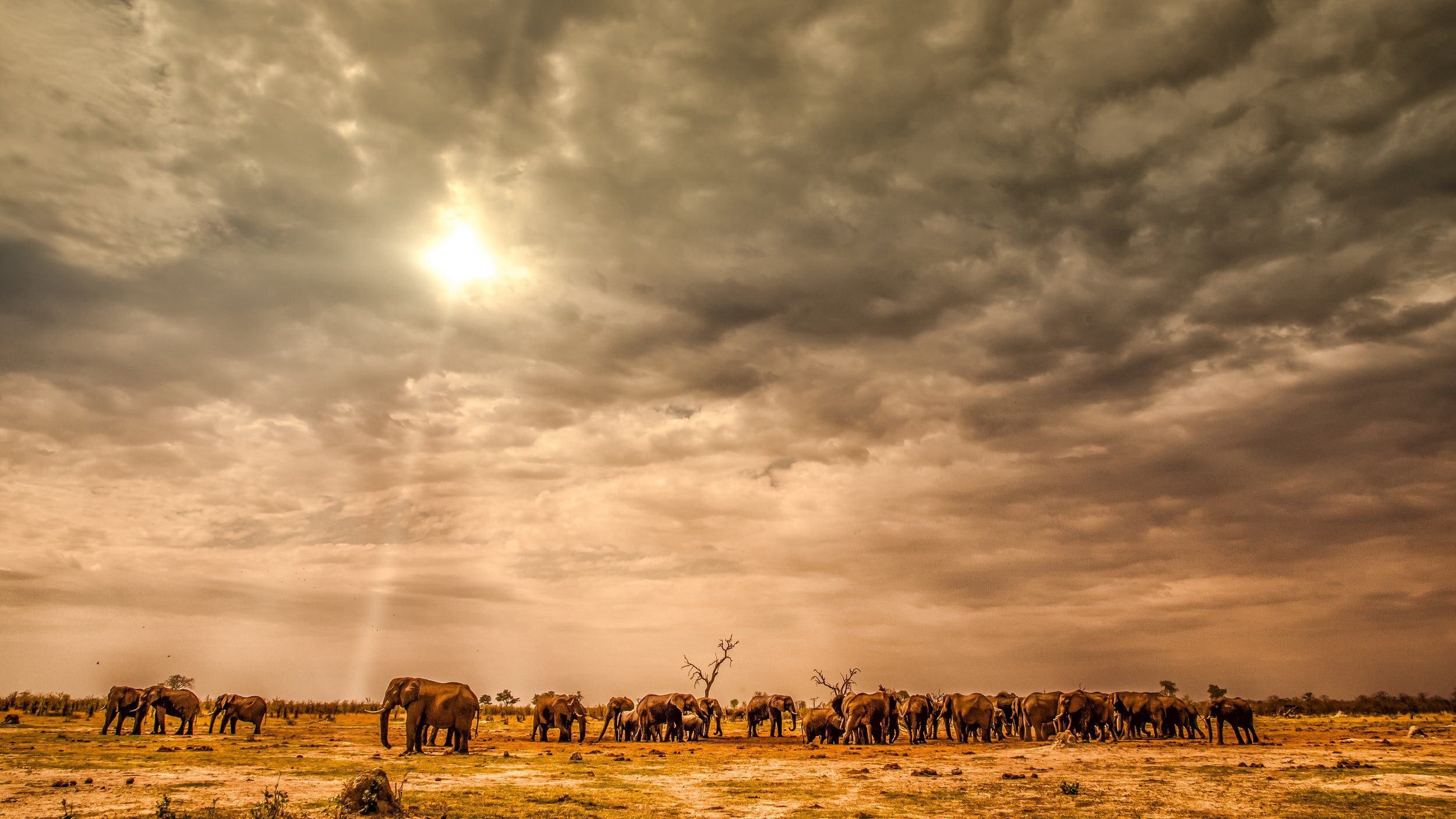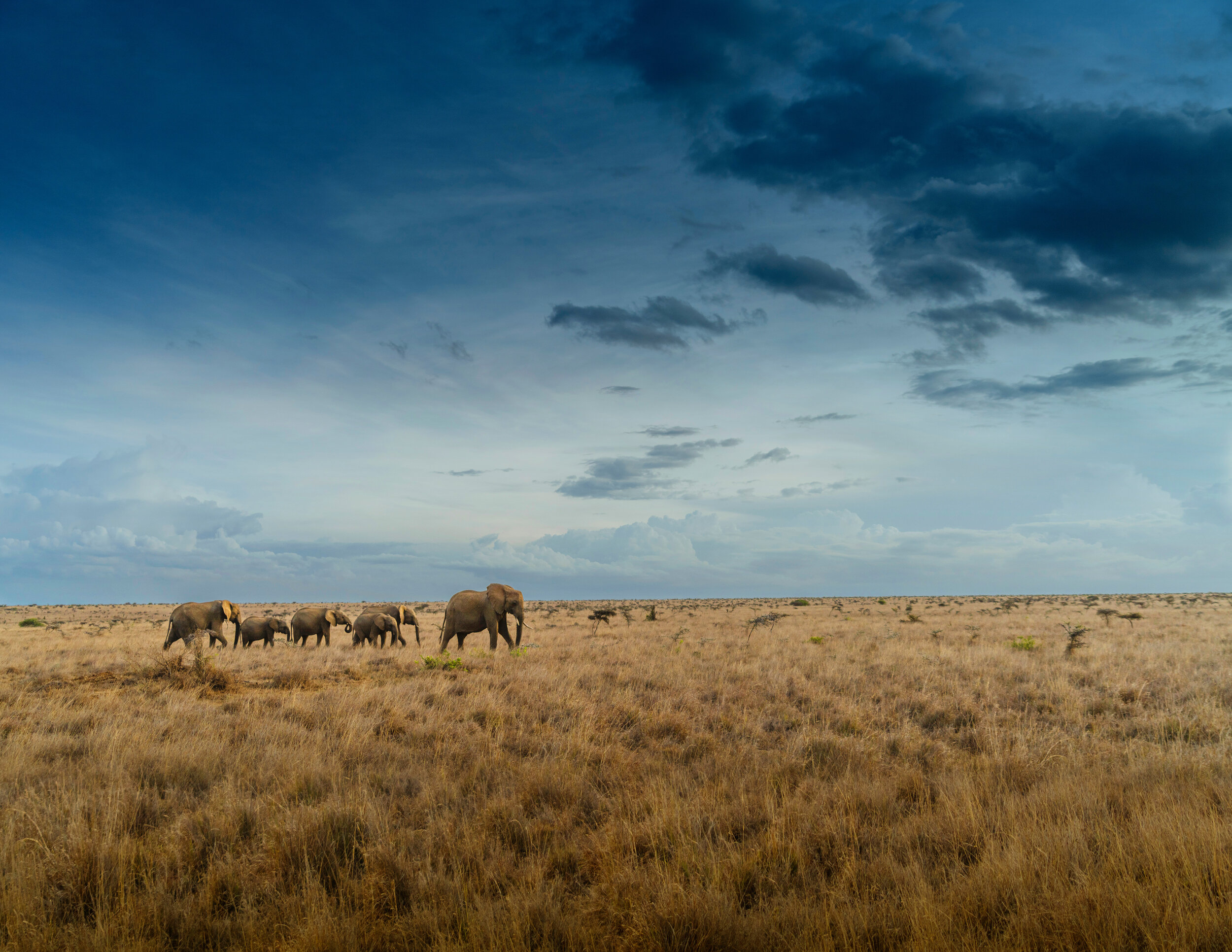
frontline protection
ABOUT THE PROGRAMME
Valued between a staggering US$20-30 billion a year, the illegal wildlife trade is the fourth most profitable crime in the world and affects not only the safety and security for each of these conservation areas, but the surrounding communities and the broader region.
First responders to wildlife crime, such as wildlife rangers and community scouts, are often the first line of defense against wildlife crime.
Lack of funding and capacity building to support these first responders, increases the risk of undermining vital law enforcement efforts but also the lives of those working on the frontlines. We’re continuously working hard with our partners to support law enforcement to effectively combat wildlife crime and improve safety and security in the areas where we work.
How do we do this?
We work with government and conservation partners to bring together capacity building and training, state-of-the-art technology and wildlife crime intelligence to strengthen cooperation between all sectors of law enforcement.
1. Mobile anti-poaching units
Wildlife landscapes are vast and law enforcement needs to be mobile in order to be effective at that scale. We support our partners by training and equipping specialist teams such as rapid Response Teams and mobile anti-poaching ranger units to help secure protected areas.
2. Intelligence-led operations
By creating community networks and combining them with state-of-the-art data analytics software we are able to identify wildlife criminal patterns and react swiftly.
3. Outfit and equip rangers
Outdated tools undermine anti poaching effectiveness and can put their lives at risk. We upgrade equipment and train ranger units how to use them effectively.

SUPPORT AFRICA’S WILDLIFE TODAY
A gift of any amount will go a long way in securing the future of Africa’s wildlife and the landscapes they depend on.
Impact
Over the past three and a half years we have worked with partners to achieve a reduction in illegal activities such as poaching and trafficking through delivering training to over 400 rangers, scouts, intelligence officers, investigators, prosecutors and judiciary from the five countries.
In recent years, we supported a total of 681 patrol days across Kenya, Zimbabwe and Angola, recovering 1,177kg of bushmeat, removing 866 snares and destroying 46 poaching camps. A further 192 weapons were recovered. Our aim is to reduce illegal poaching that not only threatens human health (as demonstrated by the COVID pandemic) but also takes from the local community and their resources.
The accurate recording of evidence is essential in ensuring wildlife justice. Court cases can be dropped due to insubstantial evidence or issues occurring at the site of the crime making evidence null. Because of this, rangers as first responders to wildlife crime scenes play a vital role in the upholding of wildlife justice systems. Space for Giants has been working with our government partners and specialist trainer, Rod Potter, for over five years to build investigations and evidence gathering capacity in the countries where we work.
CASE STUDY: First Responder Training
Since 2016 we have been working with Rod Potter, in collaboration with the United Nations Office on Drugs and Crime (UNODC), to deliver first responder training across Africa, including Kenya, Uganda and the KAZA region, for wildlife crime. Training courses focus on crime scene management techniques, including everything from DNA collection, forensics and footwear impression recovery, to the identification of rhino horn.
In Kenya, more than 60 Kenya Wildlife Service Scene of Crime Officers have reached an advanced level. The delivery of evidence to courts is vastly improved, based on the understanding of the need to find ways to connect suspects back to the crime scene. Conviction rates for wildlife criminals in Kenya have climbed through this strengthened capacity building and collaboration, putting notorious poachers in jail and disrupting the multi-billion pound illegal trade of wildlife.
“Angola has worked hard to restore wildlife and restructure its protected area system. Space for Giants’ intervention has been very valuable. Creating the rapid intervention unit will enhance Field Rangers’ ability to act against poachers. Space for Giants has demonstrated their commitment and their determination to support our Protected Areas System.”
~ Miguel Xavier, Technical Advisor of Luengue-Luiana and Mavinga National Parks, National Institute of Biodiversity and Conservation Areas, Angola

SIGN UP FOR SOME GOOD NEWS
Stay up to date with the latest email updates from the field and be inspired by all the good news happening around us
